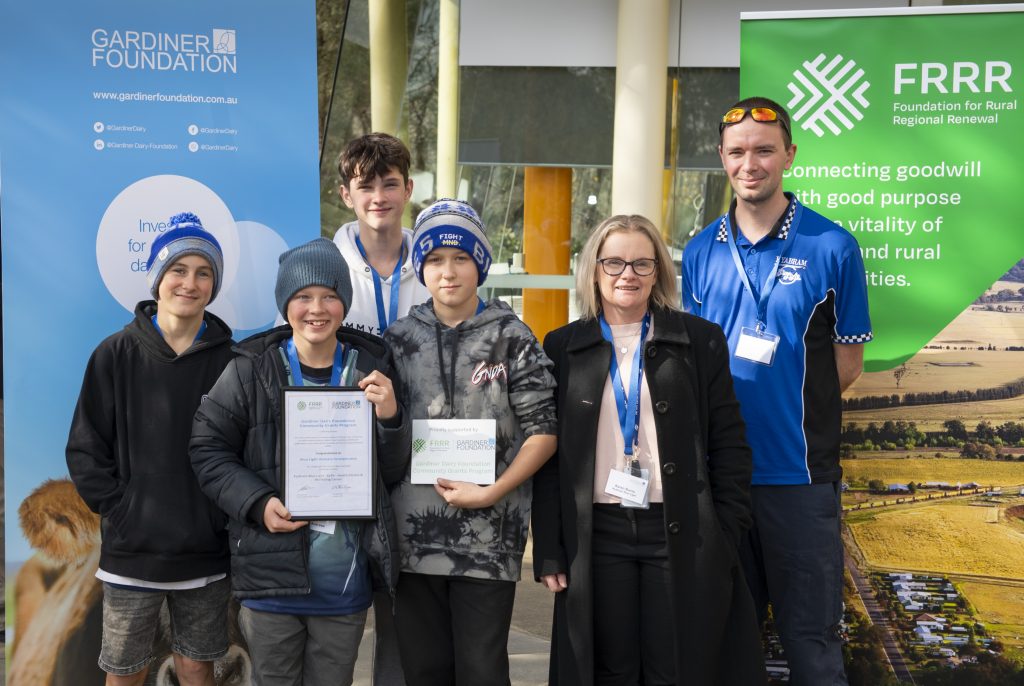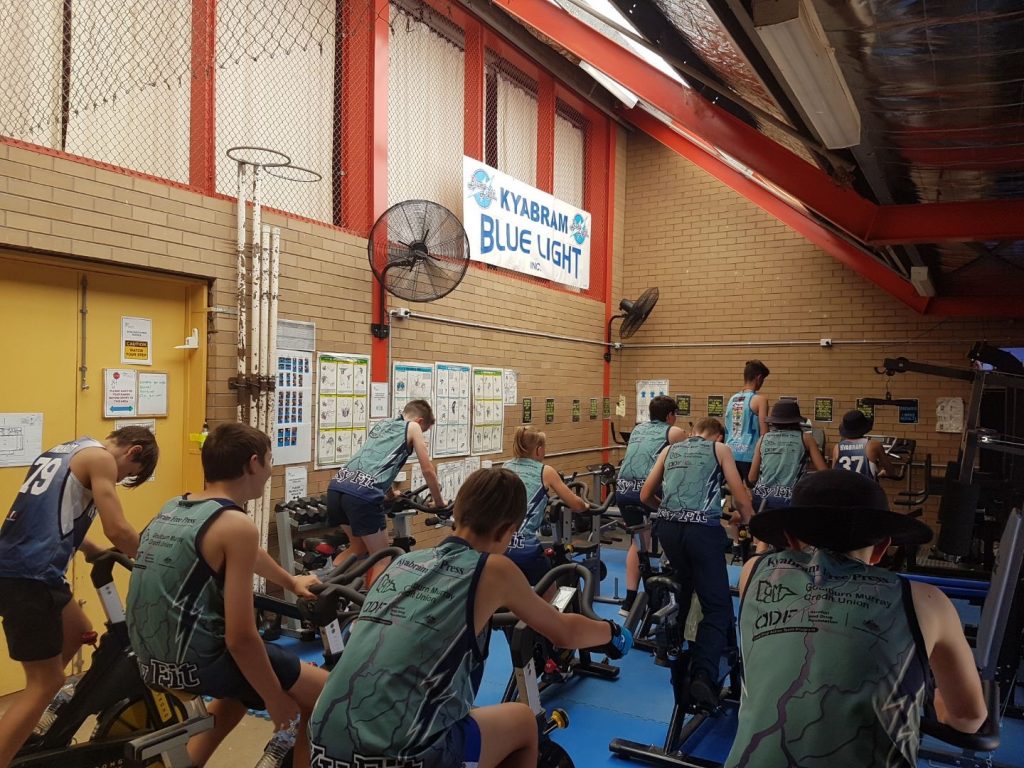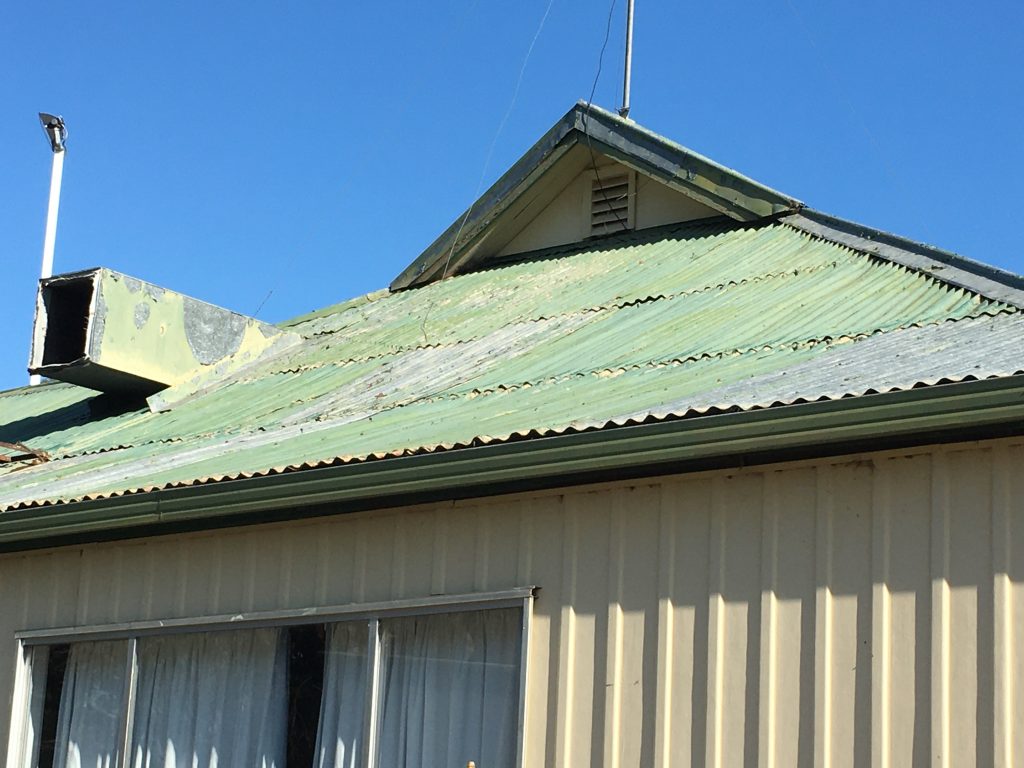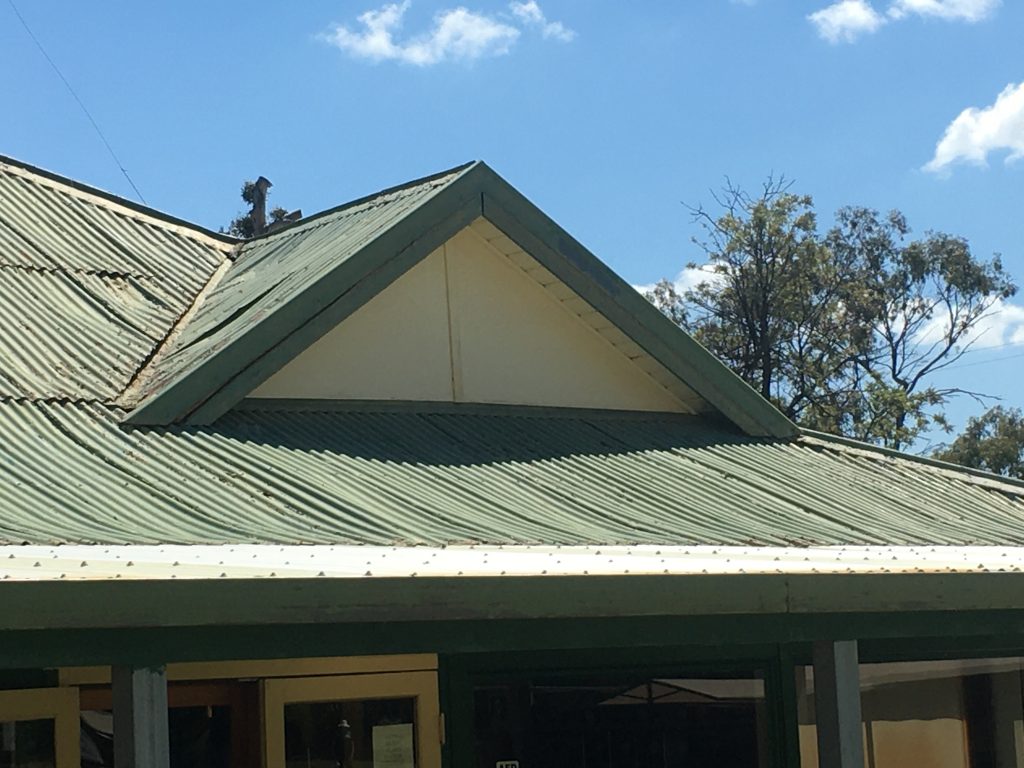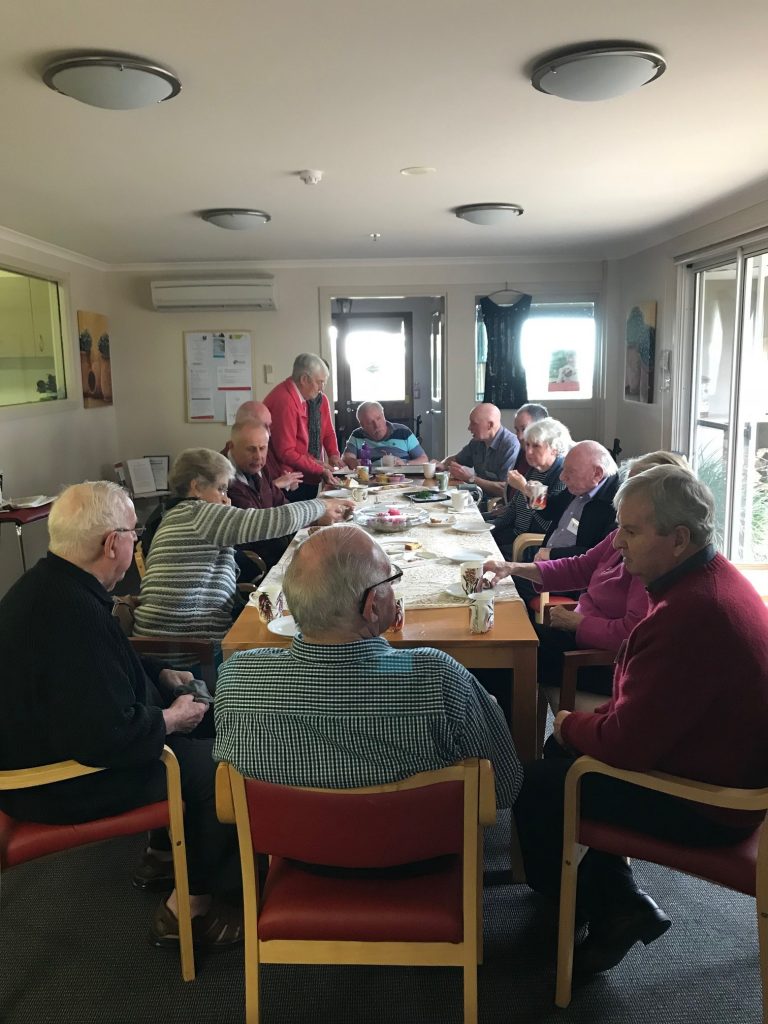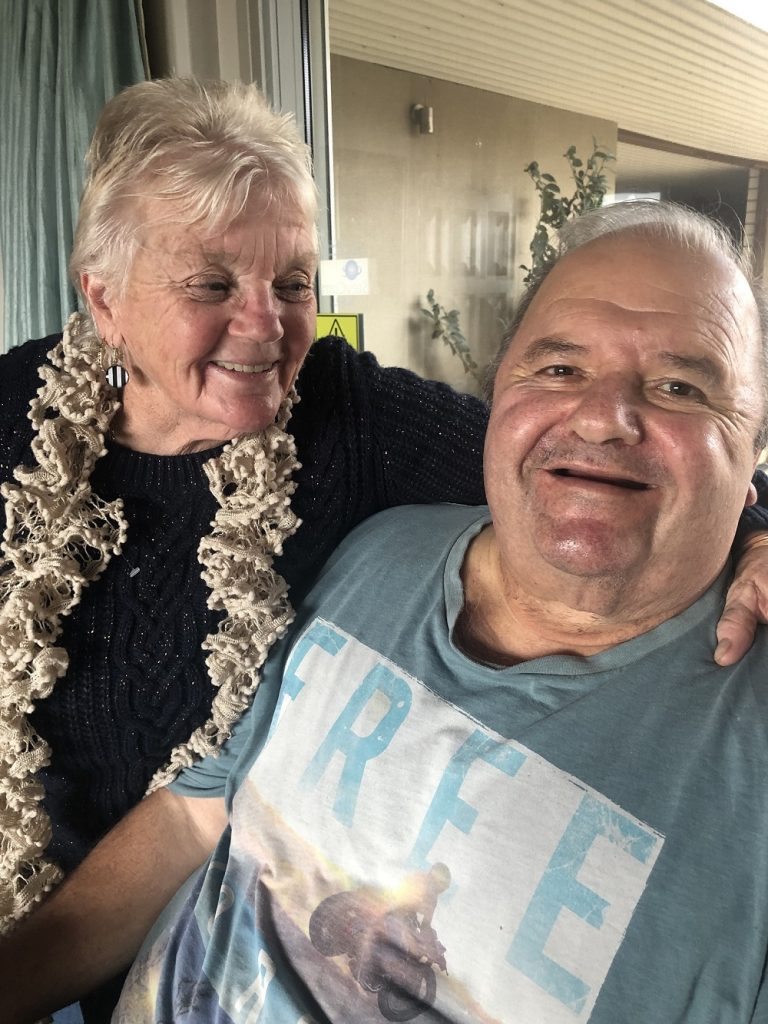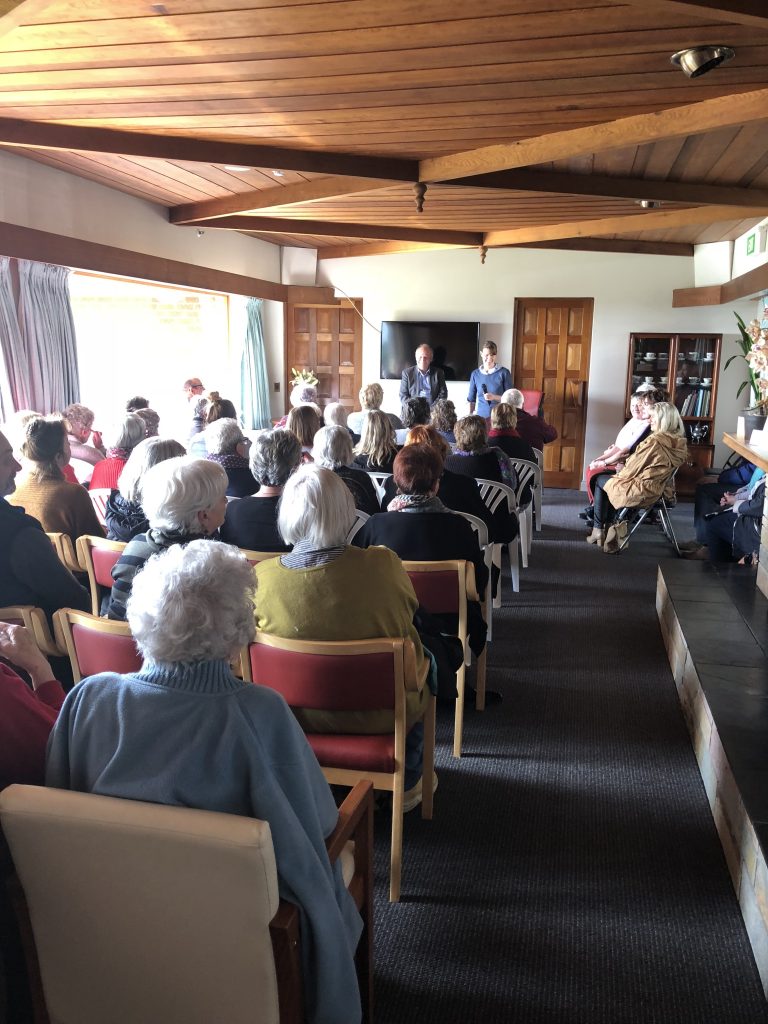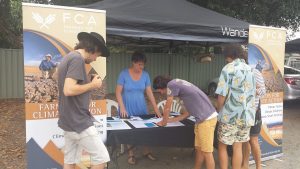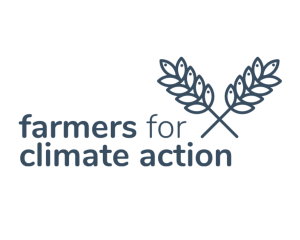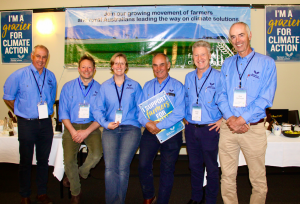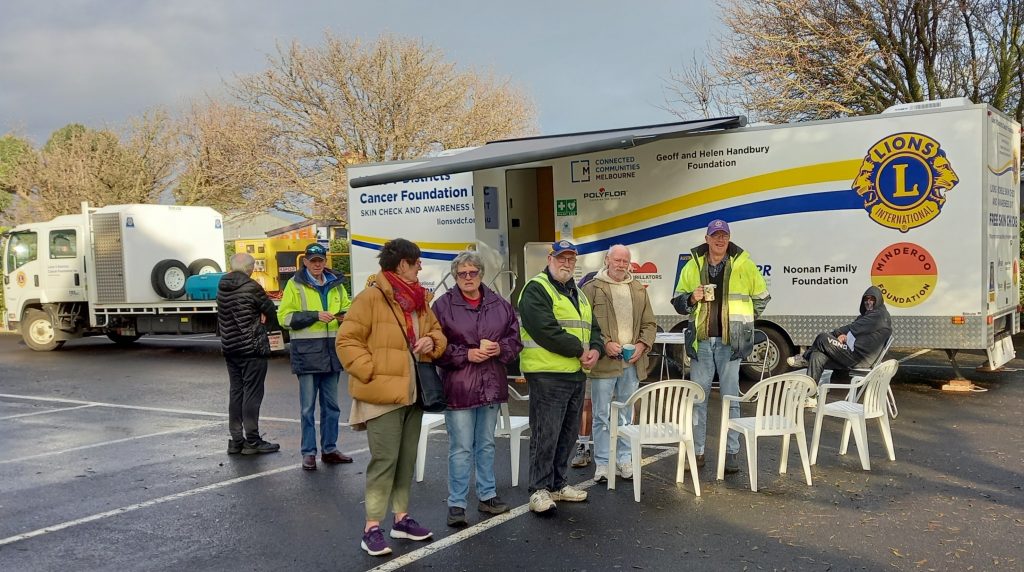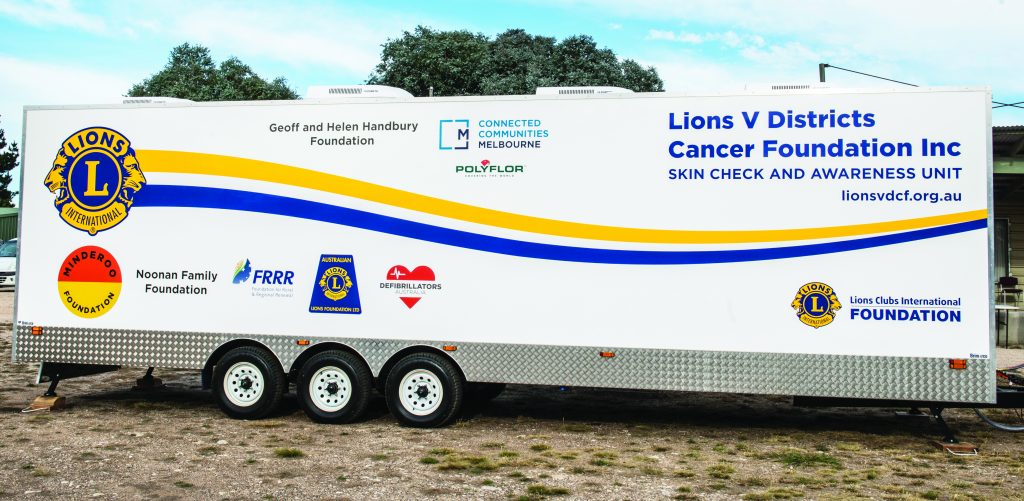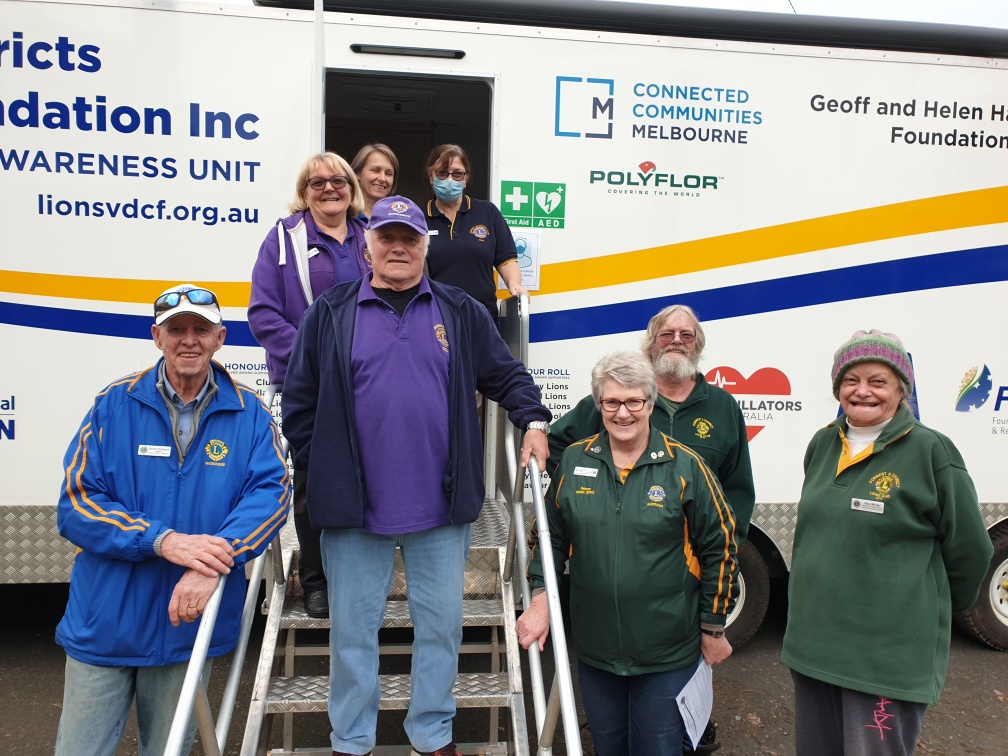Foundation for Rural & Regional Renewal (FRRR)
During recent community planning led by Murrindindi Shire in the Yea region of Victoria, which is located around 100km from Melbourne, the need to increase awareness of local history and culture was highlighted. To address this need, a working group, named Honour the Taungurung Community Project Group, was formed.
The group, which are part of the Yea Community Service Group, set out to address a lack of local information and visual acknowledgement of the past and present Taungurung people. The group decided that the creation of a meaningful Taungarung designed art installation was the perfect way to begin telling the true history of their shire.
Yea Community Service Group successfully applied for a grant of $28,734 from the Victorian Bushfire Appeal Fund. The grant funded the artwork, engineers’ drawings, Council permits and the installation, as well as a welcome ceremony, research and project administration.
Now, with the project complete, the significant and celebratory artwork is located in the main street of Yea and acts not only as a centrepiece for the town but also as a meeting place and a celebration of local history.
Once the art installation was completed, an unveiling and welcoming ceremony was held and attended by many town members. As a result of this project, the town now has a meaningful site where Indigenous days of recognition can be celebrated, as well as an enduring landmark in honour of the Taungurung people. Community connectedness, sense of place and community identity have all been strengthened in the months following the installation.
This case study is courtesy of the Gardiner Dairy Foundation
A new teen fitness program in Kyabram is inspiring community spirit and building fit and healthy bodies.
A health and wellbeing centre has been established by Kyabram Blue Light at the town’s P-12 College, thanks to $5,000 from the Gardiner Dairy Foundation Community Grants Program in partnership with Foundation for Rural & Regional Renewal (FRRR).
The centre has proven to be a holiday hit with local teenagers and will be used regularly during the school year.
It is part of the KyFit police and teen gym-based mentoring program and, according to organiser Senior Constable Mitchell Bull, the benefits are wide-ranging.
Teenagers have played a central role in establishing the gym in an old storeroom at the school.
“The kids have done the majority of it,” Senior Constable Bull said. “They put together a wish list of equipment, posters and information and then volunteered on weekends to load trailers and remove rubbish and then helped in designing the layout and setting up and testing the equipment.
“It’s not just given to them on a silver platter – it’s a community effort and we all chip in. For six or seven weekends in a row we had up to 10 kids at the gym helping out. We removed six trailer loads of rubbish from the storeroom.”
The gym includes two bench presses, two rowing machines, two magnetic resistance bikes, two treadmills, two decline sit-up benches, sets of dumbbells from 3kg to 10kg and 13 spin bikes for classes.
The Gardiner Foundation grant also helped with installing fans, electrical power points and tiles for the floor.
“We made every cent count and called in favours left, right and centre and had a lot of volunteer assistance with everything,” Senior Constable Bull said. “It’s nothing fancy but it’s equipment tailored to young people.”
The gym is the latest development in the KyFit program that started in 2019 and is run by Kyabram Blue Light using police members, volunteers and community members.
“It was identified there was a need for a sporting or physical program that didn’t require the time, cost and travel commitments of the likes of football or netball,” Senior Constable Bull said.
“The gym will help those who may not have the opportunity to be involved in the local gyms or sports clubs.”
Personal trainers, defence force members, police and other community members help with the program, ensuring young people can access a variety of training programs ranging from boxing to swimming sessions and pitting their abilities against the police fitness test challenge.
A weekly in-school program attracts at least 13 participants and after-school programs are reaching about 30 teenagers. The school also uses the facilities for physical education classes.
Senior Constable Bull said the grant had helped to empower local young people. “We used the gym over the school holidays, allowing kids to drop in when there wasn’t much else to do – we can barely keep up with the demand,” he said.
“A lot of kids want to join the program now because they’ve seen the benefits the others are getting. It’s helping with their physical and mental health and the kids are seeing the benefits of physical activity and working out with other people.”
Police can also use the fitness programs to help break down barriers between officers and young people.
“The kids get the benefits of getting to know local police and other volunteers and mentors,” Senior Constable Bull said. “It’s about building a relationship between police officers and young people and showing we’re approachable if there is a problem in the community that needs to be discussed.”
It’s also beneficial for police. “It means we’re not always seeing the negative side of things in the community and we get to work towards positivity,” Senior Constable Bull said.
The program is free for local teenagers who also receive a free sports top when they get involved.
In recognition of his work with young people, Senior Constable Bull was named Citizen of the Year for Campaspe Shire at the 2022 Australia Day Awards.
Now in its 20th year, the Gardiner Dairy Foundation Community Grants Program is delivered by the Foundation for Rural & Regional Renewal (FRRR). Grants of up to $5,000 help not-for-profit organisations in small Victorian dairy communities deliver projects that will benefit local people and strengthen their ability to deal with local issues and enhance existing community infrastructure.
Applications for the 2022 program opened on 1 March and close on 13 April. More information can be found at https://frrr.org.au/funding/place/gardiner-communities-grants/
$120,000 in Gardiner Community Grants available
The annual Gardiner Dairy Foundation Community Grants Program (Gardiner Community Grants) has opened today. Delivered in partnership with the Foundation for Rural & Regional Renewal (FRRR), this round marks the 20th year of the program, which is focused on supporting communities across Victoria’s three dairying regions.
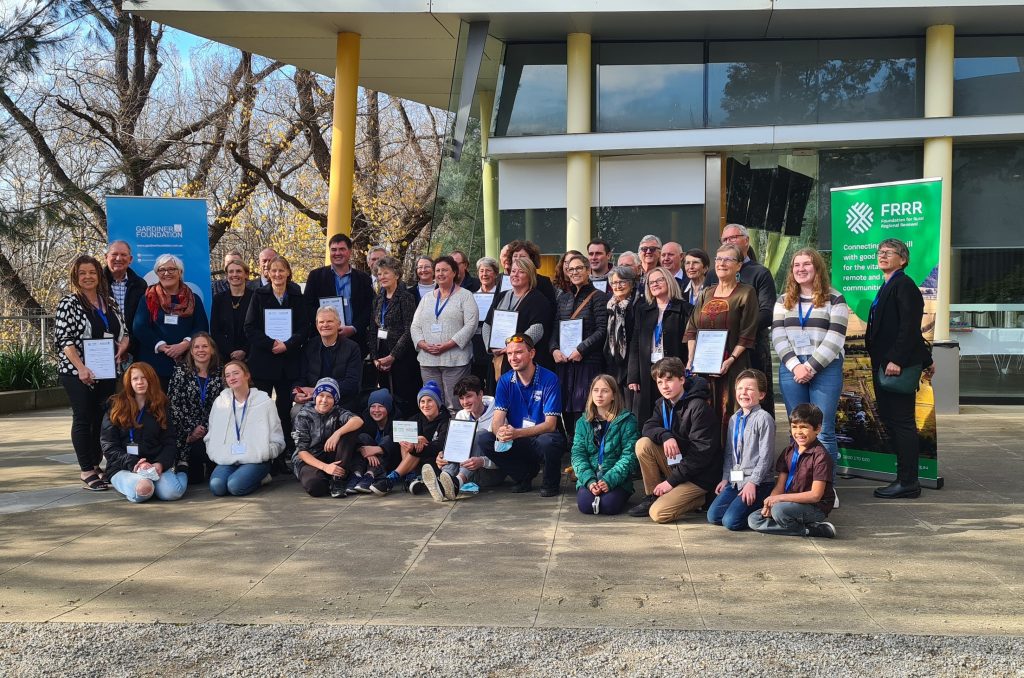
This year Gardiner Community Grants will encourage projects to focus on building the capacity of community organisations and improving digital connectivity. The new focus is in response to insights from FRRR’s Heartbeat of Rural Australia Report, which was published late last year.
The report highlighted that there was a significant digital divide in rural communities, compared to urban areas, and that local not-for-profit organisations needed capacity building support to be able to do their vital work, particularly following the impacts of back-to-back disasters, including COVID, on fundraising and volunteers.
A digital connectivity grant project might involve upgrading infrastructure and facilities, improving digital access or providing training that enables the community to benefit from digital services.
A building capacity grant aims to support organisations to sustain or grow the effectiveness of their operations. Funds may be requested for salaries to increase the organisations paid workforce, training for volunteers, upgrading office equipment or supporting strategic planning and improved governance.
The small grants program, which has $120,000 in available funds for grants up to $5,000, will continue to support a broad range of community projects that local groups identify can make their community socially, economically or environmentally stronger. Applications for events to enhance cultural vibrancy, volunteer planting projects to support environmental sustainability, extending education and training opportunities, support for infrastructure projects or programs to improve health and wellbeing are all encouraged.
Allan Cameron, Gardiner Dairy Foundation Chief Executive Officer, said Gardiner is committed to strengthening Victorian dairy communities and is pleased to be partnering with FRRR for the twentieth year to support innovative, community-driven projects.
“Investing in the communities that are at the heart of the Victorian dairy industry is critical to the sustainability of dairy farming in Victoria. Since launching the program with FRRR in 2002, Gardiner Dairy Foundation has supported over 500 local projects and distributed more than $2 million to Victorian dairy communities.
“Gardiner is committed to supporting the needs of the communities as they change and evolve, now, and in the future. That’s why, this year, we are encouraging initiatives around digital literacy and organisational capacity, to help local groups respond to the current needs of Victoria’s dairy communities,” Mr Cameron said.
Natalie Egleton, CEO of FRRR, said that the Heartbeat of Rural Australia Report called for more support to go to community groups to address critical issues, and it’s wonderful to see Gardiner Foundation respond.
“Our Heartbeat Report highlighted significant gaps and challenges for rural communities, but also highlighted the critical role that local not-for-profits play in meeting the needs and filling the gaps in rural communities. That’s why we value our longstanding relationship with Gardiner, because they, like us, are committed to working together to support these vital community groups in the long-term.
“For 20 years, Gardiner’s Community Grants have consistently boosted Victorian dairy communities with contributions towards large important community projects, and significantly enabling many smaller community organisations and projects, often for items and activities that are less accessible through government or major philanthropic funding,” Ms Egleton said.
Applications for the Gardiner Dairy Foundation Community Grants Program open Tuesday, 1 March and close Wednesday 13th April 2022 at 5 pm AEDT. More information can be found at – https://frrr.org.au/gardiner-communities-grants/.
Three regional communities to take part in multi-year initiative
FRRR’s Disaster Resilient: Future Ready (DR:FR) Victorian program continues to build steam, with three regional communities selected to partner with the Foundation to strengthen the resilience and preparedness of their regions.
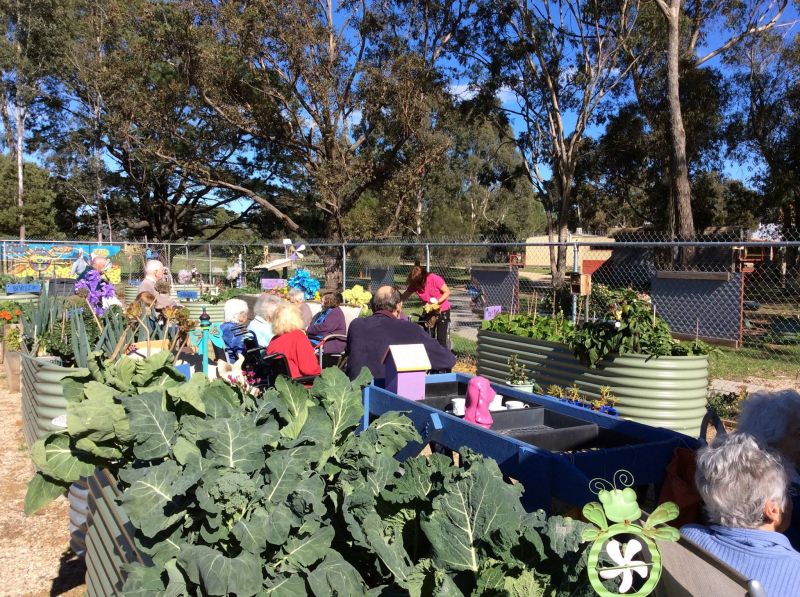
Korumburra, Myrtleford and Whittlesea township and surrounds will receive support as part of a multi-year, community-led program that is supported by a number of philanthropic organisations.
Nina O’Brien, FRRR’s Disaster Resilience and Recovery Lead, said that the DR:FR initiative works to better prepare communities to address the impacts of climate change, natural disasters and broader disruptions that affect the sustainability, vitality and resilience of remote, rural and regional communities across Australia.
“This is a place-based initiative, whereby FRRR works at a hyper-local level with grassroots organisations and community representatives who are interested in collaborating and leading initiatives to increase community preparedness and strengthen resilience capacity.
“The model is designed to help communities identify and then enact solutions that are held in local knowledge and the intersections of people and place. It creates space, facilitates processes, builds relationships and provides resources for community-generated resilience conversations and initiatives to be held at a pace and style that is appropriate for each local community,” Ms O’Brien explained.
Community driven
Late last year community representatives were invited to submit an Expression of Interest (EOI) to become partner communities. Over the past eight months, FRRR’s DR:FR Program coordinator has engaged with representatives from the shortlisted communities, listening and learning about what is unique and important to each place and exploring their readiness, willingness, and capacity to participate in this intensive process.
This process helped FRRR understand their shared aspirations, what they believe is important about their community and demonstrated the commitment and interest in participating in the program.
“The emphasis is on the communities being actively engaged and involved in the process. Our aim is to empower local people to build and adapt the strengths, tools and resources that already exist in each community to further strengthen the resilience and preparedness of each place. It will be community-led and tailored to each community, with support and resources provided to allow them to identify, create and sustain their own resilience-building approaches,” Ms O’Brien said.
The program will start in the next month, beginning with a series of activities to bring interested community members together and start engaging with the broader community around aspirations for the future. In addition to the facilitation support from FRRR, the communities will have access to funding for community activities that support community engagement activities and a seed funding pool to engage a local community connector and activate priority actions identified through the DR:FR journey.
More communities waiting in the wings
“While three communities have been selected, there is strong interest from other places to participate in this program,” Ms O’Brien said.
“We have several communities keen and ready to jump on board and we would love to work with them. Our hope is to expand this program to at least one other Victorian community, and we also have groups in other states wanting to be involved.
“But this requires further funding, so we and our partners can work alongside and support local leaders to create meaningful and lasting change that means they can endure, adapt and evolve from disruptions and disasters more quickly, positively and strongly.
“We are grateful to our current partners for making the Victorian DR:FR program possible. We’d love to hear from others with the capacity to partner with us to expand the program,” Ms O’Brien said.
The DR:FR initiative is kindly supported by the following partners: Sidney Myer Fund, Lord Mayor’s Charitable Foundation, Maple-Brown Family Foundation, Simon Kucher and Partners, Ronald Geoffrey Arnott Foundation, H & L Hecht Trust, Suncorp, Pinnacle Charitable Foundation and the Doc Ross Family Foundation.
For more information about the program, visit https://frrr.org.au/drfr-victoria/.
Mental Health training helps community get in a good place
With the effects of plunging milk prices and bushfires in South West Victoria, the community was feeling strained. Front line workers were regularly being confronted with people breaking down because they couldn’t pay their bills, afford feed for their stock or feeling financial pressure.
The Simpson & District Community Centre (SDCC) knew it was important to keep the conversation about mental health in the community open, to continue to break down the stigma associated with asking for help. So, they wanted to equip local community members with the skills to recognise mental health issues and provide resources for referrals to support services, as well as give them skills in self-care, given they were dealing with more and more people in crisis.
SDCC was established almost four decades ago to support Western Victorian dairying communities. Around 50 people a week use its facilities for meetings and activities – from craft, scrabble days, children’s activities, adult education, digital literacy, a Men’s Shed programme and more. The centre puts considerable effort into reducing social isolation and increasing health and wellbeing in the area.
The Simpson area has been supported by a Dairy Community Support Officer who works with farming community families in crisis. In three years, the social worker’s client numbers went from 9 to 98. She identified a number of mental health issues facing the community including anxiety, depression, drug and alcohol abuse and self-imposed isolation. The community has had one suicide since the beginning of the dairy crisis and wanted to do whatever was needed to prevent more.
Through the In a Good Place Program, funded by CCI Giving, FRRR was able to help fund the delivery the training. In March 2019, nine community members participated in a two-day Mental Health First Aid course. Another session ran in March 2020, with a half day refresher for the previous years’ participants.
In total, 16 members of the community were provided with the training and skills to identify and start a conversation regarding mental health. Those trained included workers from the local supermarket and Post Office, stockfeed supplier and vet group, as well as dairy farmers and volunteers from the Football Netball Club, Men’s Shed, Community Centre, Cricket Club, CFA and Landcare network. The array of participants meant that there was great community coverage, with everyone attending wearing “more than one hat” – so those new skills are going into nearly every organisation and workplace in Simpson.
Furthermore, the instructor for the First Aid program and the Dairy Community Support Officer were able to identify an opportunity to secure funding for additional training that will reach the community, regarding Mental Health in the elderly population. Transitioning off farms for older people is an area of mental health difficulty that the Support Officer sees first hand in her work in the community.
The SDCC maintains that if just one person can be supported through a crisis without a tragedy, then the program will be a success.
“Training more people in the community to recognise the signs and direct them to help or help to them can only improve the long term outcomes for our community and increase the resilience and sense of connection.
“By providing the training we are giving people the skills to take back into the community at their workplaces, homes and recreation activities. The more people who are able to recognise and respond to the signs of deteriorating mental health the stronger our community will be. These skills will be maintained for life and can be shared.”
SDCC Final Report
Congratulations to the SDCC for the great strength and support they provide and their ability to adapt to the community’s changing needs.
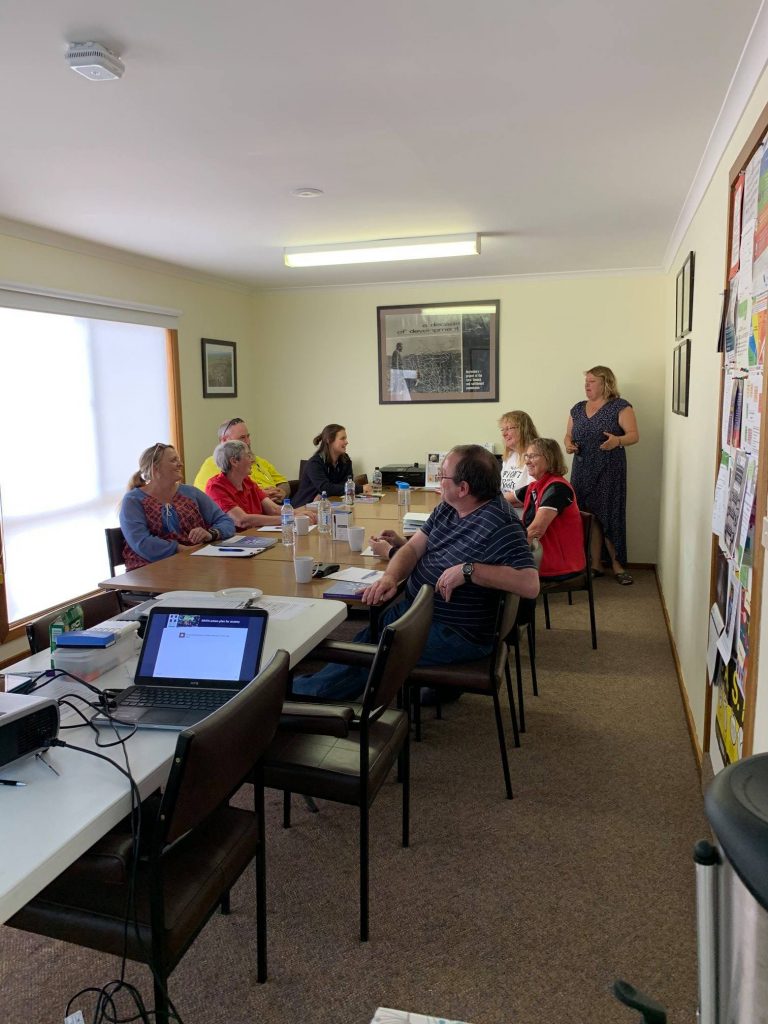
Deep in country Victoria, a definitive before and after makeover is apparent. For years the Golf Club of Warracknabeal, about 340 km north west of Melbourne, made do with a rusty and weathered roof sitting atop a building nearly 100 years old.
While the region is known for its grain, the town has been hit hard by the ravages of drought and subsequently COVID-19. Since the mid 1900s, the Warracknabeal Golf Club has held birthday parties, weddings, wakes, meetings and everything in between. A warm welcoming atmosphere has always been their intention, although this has become increasingly difficult to offer with the decline of the building, most notably its roof.
But with the support of a grant through FRRR’s Tackling Tough Times Together program, funded by the Australian Government, the Warracknabeal Golf Club launched their Green Roof Project.
With the $46,125 grant, and with the help of professionals and a swathe of willing and hardworking volunteers, they replaced the old leaking roof with a green’ roof. In addition to the new roof, the old and worn guttering was replaced and insulation and sisalation installed to facilitate far greater energy efficiency.
David Baxter from the golf club commented that modernising the building has reignited interest in the Golf Club as somewhere for people to gather and come together as a community in a now very comfortable environment.
“In recent years, we had seen very few functions but this year the increase in its use has been great. Organisations such as VFF, Lions Club, local schools, Grain Corp, the Arts Council and Lutheran Ladies have since used the facility and commented on the improvements particularly on the heating/cooling aspect.”
Mr Baxter noted his resounding gratitude for the project being able to go ahead.
“So much has been achieved thanks to the grant from FRRR, which made it possible earlier than we anticipated, as major fundraising over a number of years would have been required.
“More than ever, we are looking forward to becoming an important cog in our community in providing a place to meet, socialise and celebrate”.
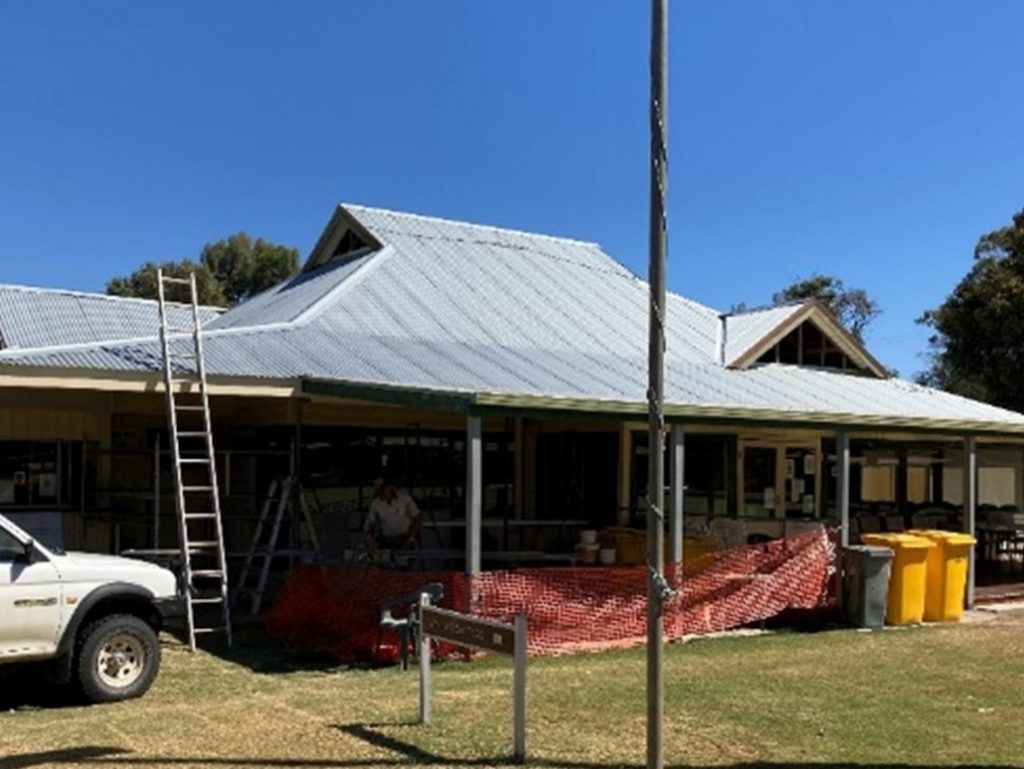
Anam Cara House Colac is a community owned hospice established to provide respite, palliative care and end of life care for the people of South West Victoria on Gulidjan Country. Carers, family and friends who support their chronically ill loved ones with at-home care commonly experience compassion fatigue when they are tasked with delivering the bulk of care requirements.
Supporting these carers, alongside improving the comfort of chronically ill community members, were the key drivers behind what Anam Cara House Colac aimed to achieve with their project. Community members who are either ill themselves or caring for others are often confused and/or unaware of available support services that could assist them to maintain their independence or live their lives more comfortably. For many, it is a time of vulnerability and fear, and having knowledge of, and access to, available services is critical.
Anam Cara House Colac received a $5,000 Gardiner Foundation Community Grant to run a series of three focused information sessions for community members living with, or caring for those affected by, life-limiting conditions.
Guest speakers from local health services, as well as a representative from My Aged Care, provided up-to-date and relevant information that is helpful and/or necessary to support someone with a chronic illness to live in a supported way that maximises independence. The choice of speakers was developed on the basis of anecdotal feedback from users of Anam Cara’s services.
Naomi Lettieri, Anam Cara’s Community Liaison Nurse, said that they experienced challenges with a slightly lower uptake than was expected, and they responded by involving the local radio station.
Anam Cara contacted Otway Community Radio (OCR), who agreed to record the second and third sessions. In doing so, they were able to reach more people, especially those who were unable to leave home due to their caring commitments. The sessions were aired both by OCR and shared on Anam Cara’s Facebook page as a podcast.
The grant covered the costs of advertising, catering, resources, and provision of respite to those who require it, with a portion directed to wages for planning and implementation of the events. It also included follow up for those in need, whether it be with advance care planning support or assistance in referral to other services.
Thanks to Anam Cara House Colac and the generosity of the Gardiner Dairy Foundation, this project allowed those in need to access information on caring for either themselves or those with chronic illness.
Capacity building grants support long-term recovery initiatives of local not-for-profits and community organisations
FRRR has awarded grants to four Victorian community groups playing a central role in the long-term recovery of communities impacted by the 2019/20 bushfires.
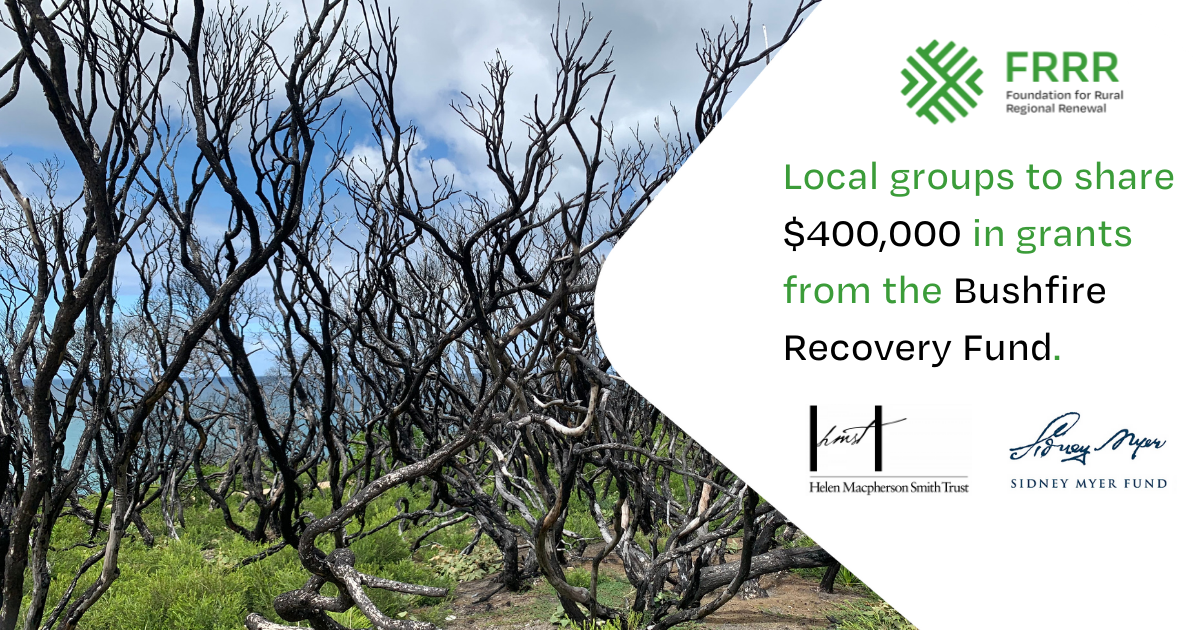
The grants are the first to be awarded through the Bushfire Recovery Fund established thanks to a multi-year partnership with the Helen Macpherson Smith Trust (HMSTrust) and the Sidney Myer Fund. The program is designed to strengthen the capacity of local not-for-profit organisations and community groups operating in fire-affected areas to support the ongoing recovery of communities.
Natalie Egleton, CEO of FRRR, said that having access to longer-term, multi-year support is vital when it comes to creating effective solutions on the ground to allow these communities to recover and thrive.
“These grants recognise the vital role of these organisations and invest in the skills, tools and resources they need to support their community as they rebuild, and to sustain their work beyond the recovery. With the additional pressure of COVID-19, this multi-year support will mean they can confidently plan, invest and be there to support their community as needs change,” Ms Egleton said.
HMSTrust CEO, Debra Morgan, said that the Trust believes local organisations are best placed to understand local needs, and that this is particularly the case in bushfire-affected areas, where it’s critical that organisations have the support they need to sustain their operations.
“The four organisations have identified the needs specific to their communities, and each has a unique approach to the road to recovery. The projects reflect the local context of each community and the interventions required for long-term recovery. We are pleased to support these strong organisations seeking to build organisational capacity and resilience, and we hope they will serve to strengthen the communities into the future,” Ms Morgan said.
Sidney Myer Fund CEO, Leonard Vary, said that the Bushfire Recovery Fund aims to strengthen the operations of ‘backbone’ organisations and give each the means to implement effective and innovative approaches in supporting impacted communities over the longer term.
“Local organisations must be given the tools to develop and implement plans for sustainability and growth so as to support bushfire-affected communities into the future. These grants will help enhance organisational capability and improve the services offered to communities including future preparedness efforts,” said Mr Vary.
The four groups funded are:
- Alpine Valley Community Leadership (AVCL) – $90,000 – Build AVCL’s capacity to strategically plan and deliver leadership training that can more effectively support and build community recovery capacity in north-east Victoria.
- Corryong Neighbourhood House Inc – $103,340 – Increase operational capacity by providing an additional .8 FTE to the core staffing levels. The increased resource will enable Corryong Neighbourhood House Inc to continue to progress its strategic social enterprise and community development work including participation in bushfire recovery work.
- Mallacoota Community Health Infrastructure and Resilience Fund Inc (CHIRF) – $113,230 – Enable the employment of a skilled local project manager, who will progress the current aims for developing the local mental health services offering through strategic planning, fundraising and project design and development.
- Mount Beauty Neighbourhood Centre (MBNC) – $100,000 – Increase operational capacity of the organisation, which will allow it to develop a prepared and resilient community. The driving force behind this application is the volunteer-run Keep Calm Committee, which works alongside MBNC.
More information about the Bushfire Recovery Fund is on this website.
Farmers for Climate Action (FCA) is a growing organisation that has made it their priority to spread the word amongst those in agriculture that it’s time to act on climate change.
In a sector steeped in custom, tradition and routine, being a champion for change can sometimes prove challenging. FCA’s savvy approach to facilitating change and the traction they’ve gained in a relatively short time indicates that there are many that share their desire to take action. They have spent the last few years building their foundations and growing their programs, which not only inform and educate, but are facilitating lasting change at a grassroots level.
One such program is the Climate-Smart Fellowship, which was recently delivered to more than 50 forward-thinking farmers in Tasmania, Queensland and Victoria. It entails training on critical subjects such as climate smart agriculture, climate change science and local capacity building. The program featured experts presenting topis including on-farm change, renewable energy, regenerative agriculture, communications and building advocacy in their local region. These new agents of change were then encouraged to take these learnings into their local area through events, community outreach and calls to action.
By adopting this kind of approach, FCA has expanded their network exponentially, teaching and inspiring a growing nationwide network of farmers. These producers are now equipped with the skills, support and resources – and no doubt the passion – to employ smart farming practises to minimise their impact on the environment.
With FRRR’s support over the past few years, primarily through a Not-For-Profit fundraising account, FCA has grown from a well-intentioned group of dedicated people to a well-funded and structured organisation with a strong foothold in the area of actioning climate change in Australia.
FCA established the account in 2017 to allow them to leverage FRRR’s special tax status to bolster their fundraising whilst they sought to obtain DGR endorsement. In total, $823,340 was raised through the account, thanks to FCA’s focused efforts on crowdfunding appeals, monthly donor programs, corporate donations and various grants.
Recently FCA secured DGR-1 status allowing them to offer their donors tax deductibility, so they no longer need the partnership with FRRR to support their fundraising. However, James Atkinson, Fundraising Manager at FCA, says that the support from FRRR was critical in the success of the organisation.
“Our partnership with FRRR has been crucial in securing new funding relationships, both due to the fundraising account and the strength of our relationship in rural and regional Australia. Several funders reported that they were pleased to hear we had such a close relationship with FRRR.”
James Atkinson, Fundraising Manager at FCA
Natalie Egleton, FRRR CEO, said “The ongoing positive impacts of FCA’s programs in remote, rural and regional Australia is a credit to their commitment and we look forward to continuing to support and amplify FCA’s activities into the future as they go from strength to strength.”
Australia has one of the highest skin cancer rates in the world, and more than 2,000 Australians die from this disease each year. If diagnosis occurs early, the fatality rate is significantly reduced. Outside Melbourne, skin specialists are limited with just 15 out of 199 dermatologists in Victoria holding clinics in eight country towns and centres. On top of this, there are no publicly funded skin cancer check programs in Victoria.
The Districts of Lions International in Victoria and Southern New South Wales identified a distinct need for a mobile skin cancer check and awareness unit to operate across Victoria and Southern NSW, and in particular, in remote areas and towns and centres not serviced, or fully serviced, by dermatologists or other skin specialists. In 2019, a group of trustees representing the five Lions Victorian districts and Southern NSW established the Lions V District Cancer Foundation Inc (LVDC). Its remit is to deliver improved health outcomes in rural areas by offering access to free skin cancer check-ups.
They received $25,000 in funds through FRRR’s Strengthening Rural Communities program, funded by The William Buckland Foundation (managed by Equity Trustees), to convert a van into a mobile screening clinic and purchase a truck to take it from town to town. The FRRR grant enabled the LVDC Foundation to leverage further grants, with the target total of $350,000 raised and exceeded with thanks to several corporate philanthropic donors, local Lions Club members and matched funding from the Lions Clubs International Foundation.
The screening van contains three examination areas equipped with dermascopes, enabling easier detection of suspect skin lesions. As Murray Baud, Assistant Treasurer & Foundation Trustee explained in the acquittal report, they canvassed and trained up volunteer dermoscopists who were willing to offer their services.
“With the appointments of a Screening Visit Coordinator and Driver Coordinator, the unit is now being booked by Lions Clubs across Victoria. The coordinators manage the process and identify screeners and driver logistics to maximise the efficiency of the unit as it travels. The unit was booked out for 2020 and has many reservations now in 2021 and even 2022.
“We took the mobile clinic to Canberra for the national Lions Convention, promoting a potential project for our northern states of NSW and Queensland. Media personality Deborah Hutton, who suffered from aggressive facial skin cancers, spoke in support of the project, and has now become an ambassador for the Lions Australia Skin Cancer projects.”
At the time writing, they’ve run 19 screening sessions in different rural towns, screening 1,005 people with 372 referrals to specialists.
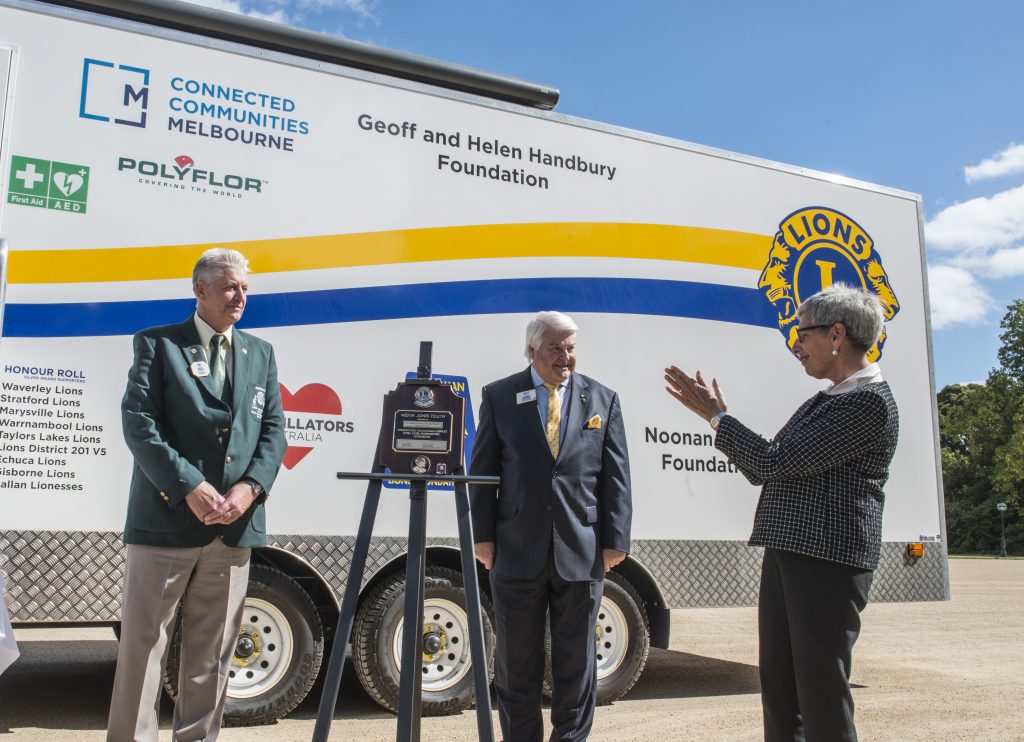
Photo credit: Tony Fawcett 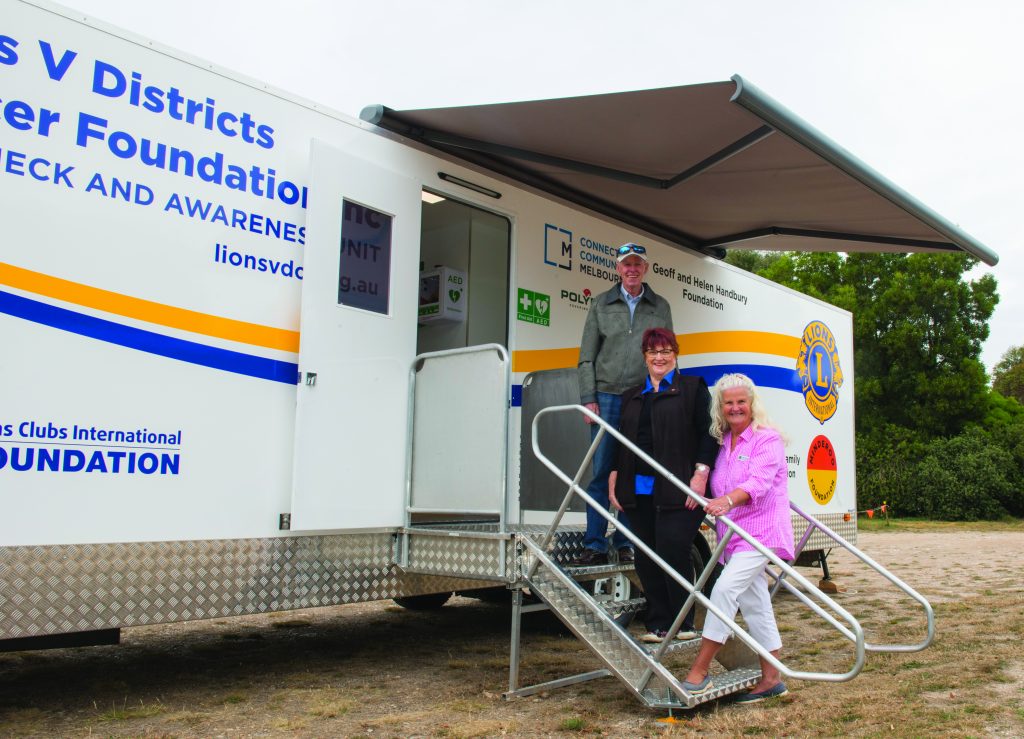
Photo credit: Tony Fawcett




